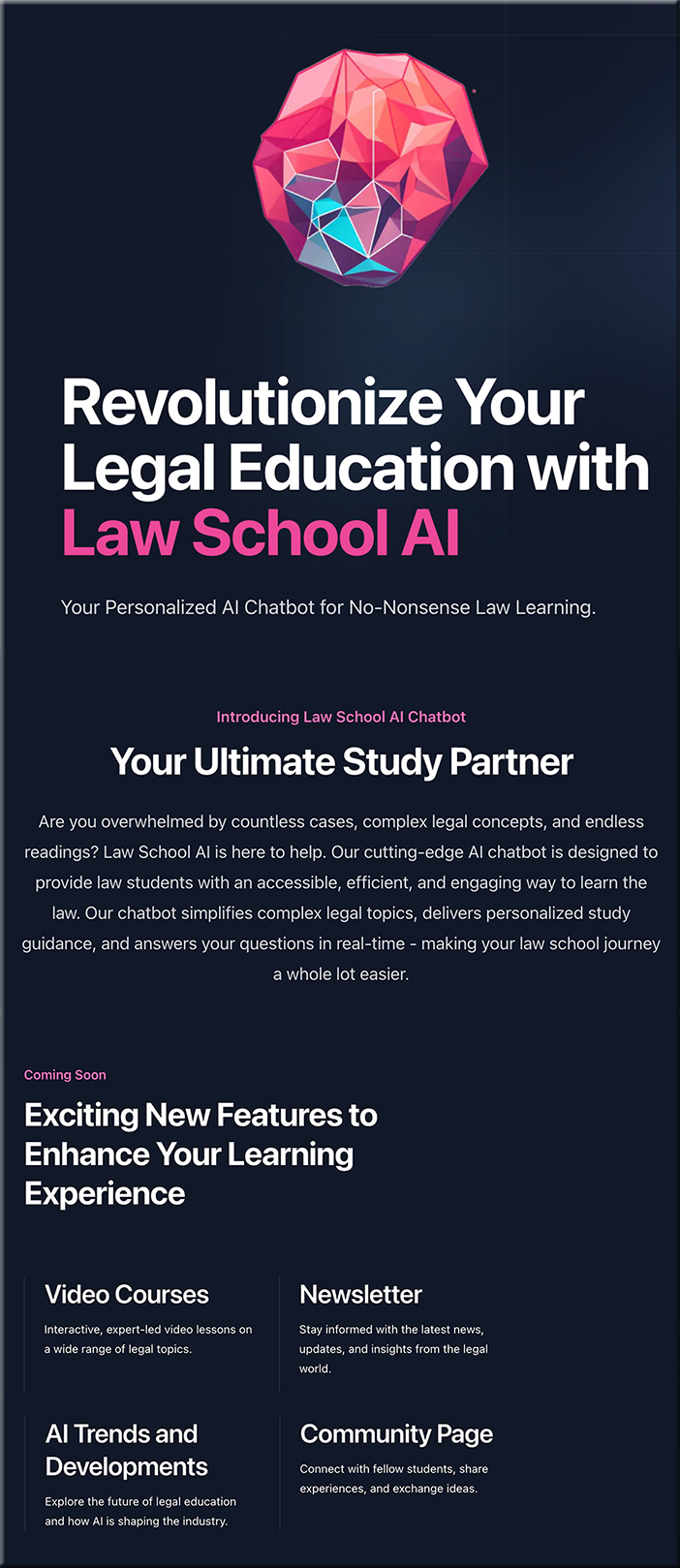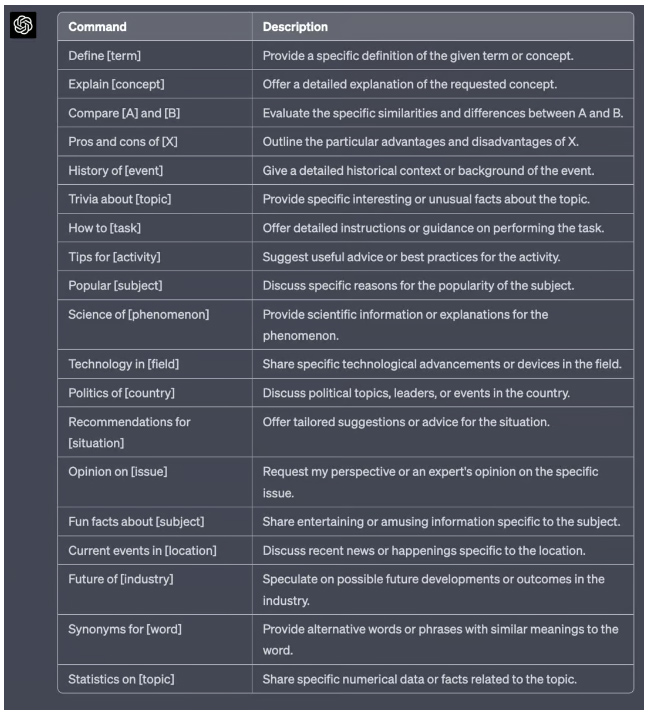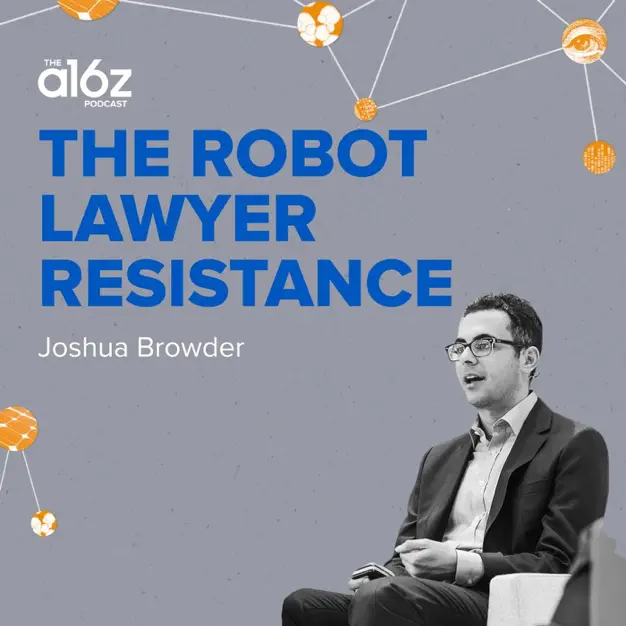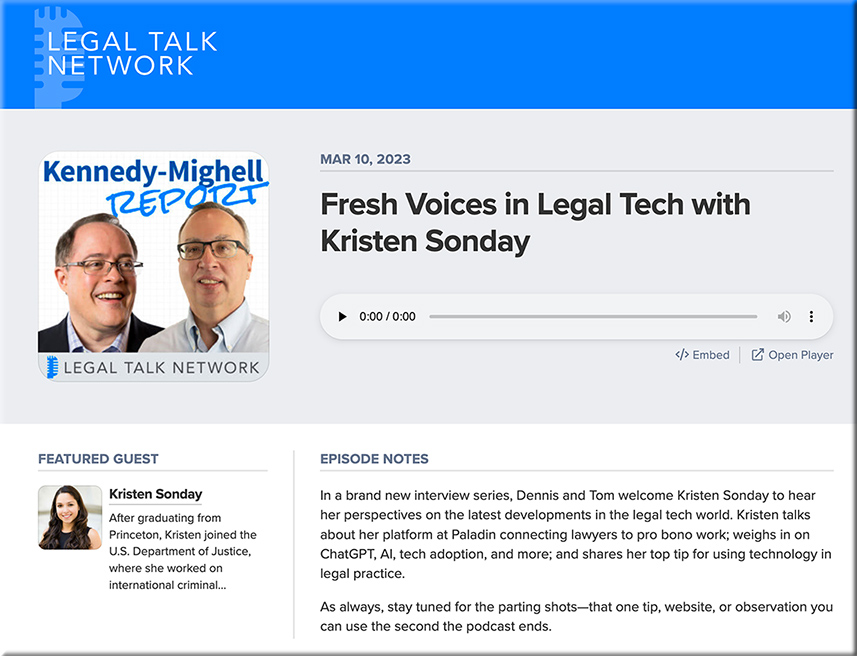PART THREE! ?
Viewed by over 35 million people! ?
The following is the next installment of:
“Things ChatGPT can do right now that (maybe) you no longer need to pay lawyers for!”
Negotiating a Lease Agreement
[*Please see the disclaimers at the end*] pic.twitter.com/Z0xYMFhlyW
— SMBAcquisitionAttorney (@SMB_Attorney) April 23, 2023
No better way for Judges to learn about both how AI could improve courts and the risks of AI (e.g., deepfakes) than to experiment with it.
Check out the AI avatars that @Judgeschlegel created: https://t.co/UqbJ2PHA09#AI4Law#Law4AI— Daniel W. Linna Jr. (@DanLinna) April 24, 2023
Going to court without a lawyer? DIY law is on the rise — from cbc.ca by Yvette Brend
Self-representation saves money, but the larger cost is high, say justice-access advocates
Excerpt:
Most reported feeling the justice system was “unfair,” and many described a sense of “the odds being stacked against them.”
Advocates say the rising number of lawyer-free litigants is problematic. The legal system is meant to be adversarial — with strong lawyers on each side — but the high rate of self-representation creates lopsided justice, pitting an untrained individual against a professional.
‘Legal Tech Lists’: 3 Things Your CRM Should Do For You — from abovethelaw.com by Cady Darago
How you can go beyond merely storing information.
Exploring the Hottest Legal Tech Startups in Europe — from legalreader.com by Amy Hollow
Europe is quickly becoming a hub for legal tech startups, offering innovative solutions to the legal industry.
Excerpt:
Europe is home to some of the most innovative legal tech startups in the world. Here are five of the hottest ones:
-
- Legatics
- Juro
- LawGeex
- The Lawyer Guide
- CaseCrunch
Keep Up With Today’s Legal Tech (Or Be Left Behind) — from legaltalknetwork.com by Joy Murao and Tony Sipp
In this podcast:
- High tech tools aren’t just for big trials anymore. Learn to incorporate the latest tech for depositions and even smaller hearings and trials.
- Keep track of every detail and hold every bit of data at your fingertips.
- The COVID-19 pandemic opened doors and highlighted technologies that support paralegals and legal teams in the courtroom and online.
Legal Operations and Generative AI: Preparing for a Sea Change — from jdsupra.com
Excerpt:
AI will likely make lawyer’s jobs easier (or, at least, more interesting) for some tasks, however the effects it may have on the legal profession could be the real legacy of the technology. Schafer pointed to its potential to improve access to justice for people who want legal representation but can’t get it for whatever reason.















